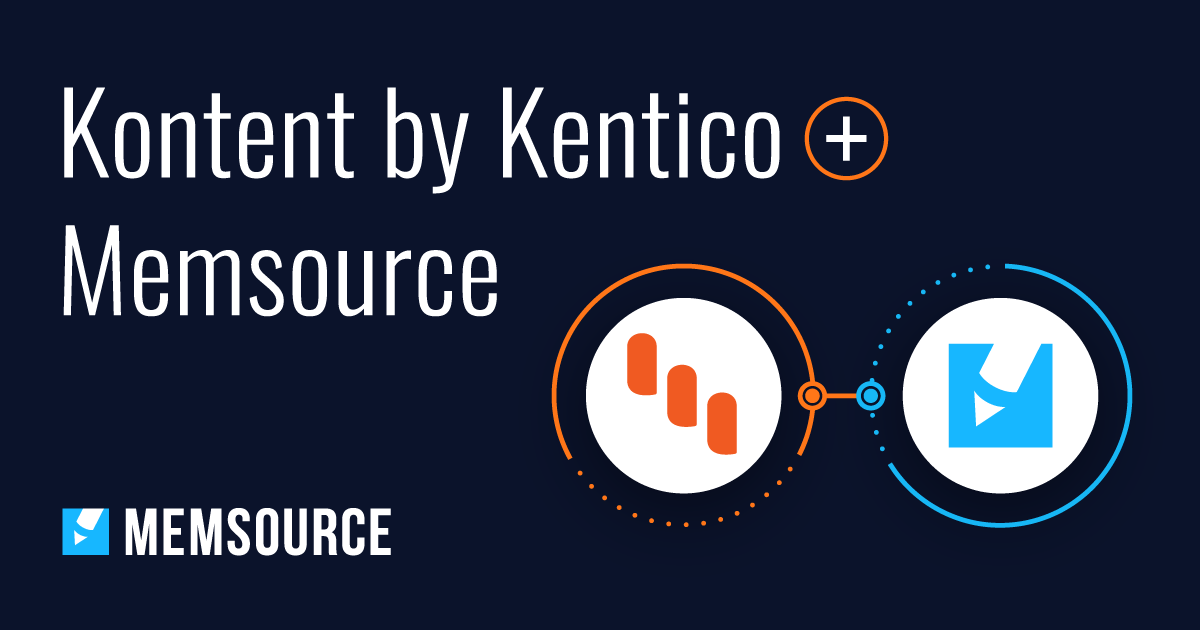
Blog
Machine Translation Report
What is the optimal MT Engine for you? Find out in the latest MT Report by Memsource.
 “I like to think that I’m actually not a translator, I’m a hybrid who adds transcreation to everything I translate,” says Matthew Roselli, an English-Italian translator and business owner based in Alessandria, Italy.
“I like to think that I’m actually not a translator, I’m a hybrid who adds transcreation to everything I translate,” says Matthew Roselli, an English-Italian translator and business owner based in Alessandria, Italy.
Matthew began his translation career in 2010 and his fields of specialization are legal, finance, and marketing, but he considers himself an excellent “all-around” translator. He prides himself on his ability to quickly produce high-quality translations and offers unmatched service to his clients.
How long have you been a translator? What steps did you take to get started in this career?
I’ve been a translator since August 30, 2010. As strange as it sounds I really didn’t take any steps when I was starting out. At the time, beginning a career in translation was a shot in the dark as I knew nothing about the profession or the industry. I was having a hard time finding a stable office job and whenever I would land a job my growing social phobia would seriously affect my ability to relate with colleagues. Having been born to an Italian father and a Canadian mother and having studied at international schools and a university in the U.S., I felt I could use my language skills to find some form of work that could be done from home. I knew nothing about the competitive rates on the market or what a standard page was so I was forced to learn those things along the way. The decision to give translations a try was more forced upon me than carefully planned. If I remember correctly, I replied to an advertisement on a local job-bank posted by an LSP based in Italy and a few months later I was contacted for a translation test. The test went well, to my surprise, and I received my first job shortly after. The workflow just kept increasing from that day on. Now I work for some of the biggest LSPs in the industry and have my own website, which draws in a decent number of private customers.
What changes or trends in the translation industry have you seen since you began this career path?
I was recently contacted by an LSP from Japan. They were requesting a bid for a major project in multiple languages and one of their requests was to evaluate the quality of a machine-translated sample. A few weeks earlier, another LSP based in the UK had asked me to post-edit some text that was translated using machine translation. Machine translation is still unheard of in Italy so it’s interesting to see that internationally, LSPs are starting to incorporate post-editing machine translation into their services. Another thing I’ve noticed is that the industry giants are using cloud-based platforms on a more frequent basis to post projects and upload invoices.
How do you think advances in technology will affect your business/workload?
I often fear that sooner or later Google or Microsoft will replace all the translators and wipe out the industry from one day to the next, however, as things currently stand, the currently available technology has been a great aid to my work and has allowed my productivity to continue to increase.
What have you found to be the best ways to promote your business?
I tend to shy away from conferences due to the anxiety I get from that type of environment. I use LinkedIn quite a bit and it has landed me contacts with individual customers and LSPs that have led to permanent and lucrative collaborations. Even without investing any money in Google AdWords my website has done a great job of bringing in traffic as well. I use a variety of communication methods and I send out applications as a freelancer to top-ranking LSPs. The results have been great and have led to a lot of great opportunities.
How do you network with other freelancers?
Definitely P2P, directing a customer when he or she contacts me for another language combination and remaining in contact with other translators that I maintain professional relationships with. As a Christian, I love to help beginners who are seeking tips on how to get started, what rates to apply, what kind of information to include in a cover letter when applying for a job, and even directly introducing them to viable leads.
How do you stay competitive in the translation market?
My secret is to consistently deliver high-quality translations. I treat seemingly uninspiring jobs, such as the translation of an operating manual, with the same care and focus that I would on any other job. I believe the speed at which I can provide publishing-quality translations (1,200 words an hour) helps my business stay competitive as well. Lastly, I would say offering on-call availability for even the smallest jobs and providing extras, such as DTP free of charge, help me in an industry where this type of service is anything but common.
With your experience using Memsource, what is your absolute favorite feature?
The option to minimize the number of tags is hands down my favorite feature. File uploading and log computing time are also fabulous. I also love Memsource’s ability to process files for fuzzy matches and repetitions. I’ve noticed huge differences for the same file when compared to a TM on other platforms.
What are your biggest expectations when working with a CAT tool?
I expect fast processing time and accuracy when calculating fuzzy matches and repetitions. I use Memsource because they check both of those boxes quite well.
What’s your best advice for your fellow translators who are new to the business?
For those with a degree, I would recommend running an online search for LSPs within your area and begin communications with them. It is best to be upfront about your education, rates, experience, and availability. If you’re unfamiliar with what the competitive rates are in your area I would suggest using www.proz.com as a reference. For those who do not have a formal translation degree or experience, I would suggest remaining flexible with your rates. Beginning with low rates will allow you to quickly receive projects and acquire a foundation of experience and then gradually increase the rates as you gain experience. I would advise setting up a website, but only to those with a formal degree because it will be difficult for the website to have a positive impact without the inclusion of previous experience.
——————
Not using Memsource yet?
Are you a freelance translator and want to try out Memsource? Start your free trial today.


